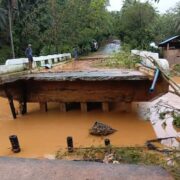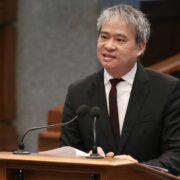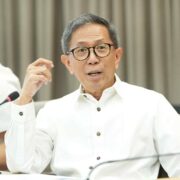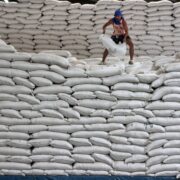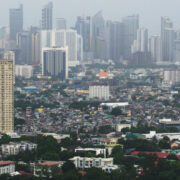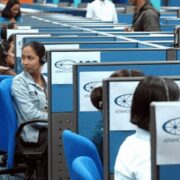Sona wishlist for Philippine property

The Philippine property market experienced some headwinds and tailwinds midway through the Marcos administration.
What we want to see in the last three years of President Ferdinand Marcos Jr. in office is a more open and business-friendly regulatory environment to encourage more foreign businessmen to invest in the country and funnel more funds into the Philippine property sector.
From enacting sensible pro‑property reform bills to fostering a more competitive business environment, the following measures are ones we hope the administration will implement for the remainder of its term.
The positive impact of these reforms will extend well beyond this administration, benefiting not just property developers but also the marginalized sectors of our economy.
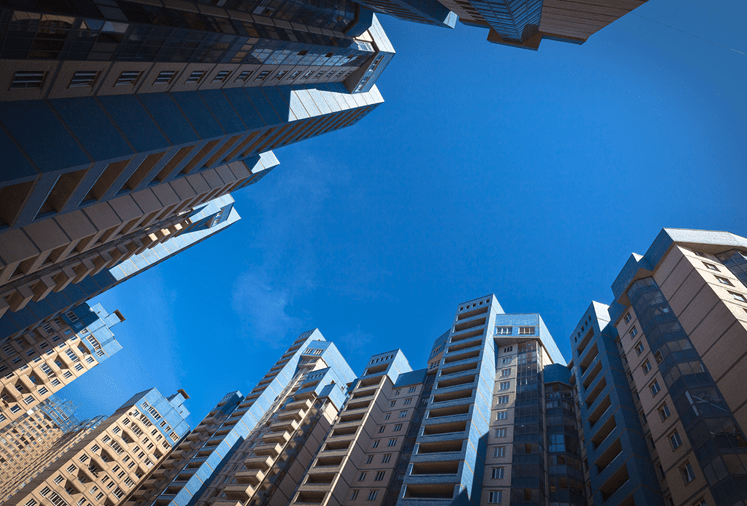
Pro-property reforms
The 19th Congress passed some pro-property measures which we see benefiting the country’s real estate market.
One of these is the Accelerated and Reformed Right-of-Way (ARROW) Act, which streamlines procedures for the acquisition of right of way, reducing bottlenecks that hinder project implementation. This measure promotes collaboration among government agencies to address challenges such as electrification, connectivity, and environmental safeguards, while hastening acquisition of right-of-way sites for infrastructure projects.
More importantly, it aims to align with Republic Act No. 12001 or the Real Property Valuation and Assessment Reform Act, which mandates the establishment of uniformity in taxing real properties.
Both measures will definitely play a crucial role in improving transparency in the property market and should result in more foreign investments flowing into the Philippines.
In our view, lawmakers should also tackle the proposed National Land Use and Condominium Redevelopment bills in the 20th Congress.
Extended land lease for foreign investors
By extending the allowable lease period to 99 years from the previous 50 plus 25 years, the Philippines is finally in line with regional peers such as Singapore (99 years), Malaysia (99 years) and Indonesia (95 years).
The measure supports the use of leased land for a wide range of priority productive activities including industrial estates, commercial developments, tourism, agriculture, agro-forestry, and ecological conservation.
Colliers believes that the enactment of the bill will have positive impact to the industrial sector as it will entice foreign manufacturing firms to invest in the country for the long haul. These foreign locators are infusing billions of dollars into the country so extending their land leases makes a lot of sense.
The hotel sector should also benefit from the implementation of the measure, especially foreign leisure players looking for long term land lease.
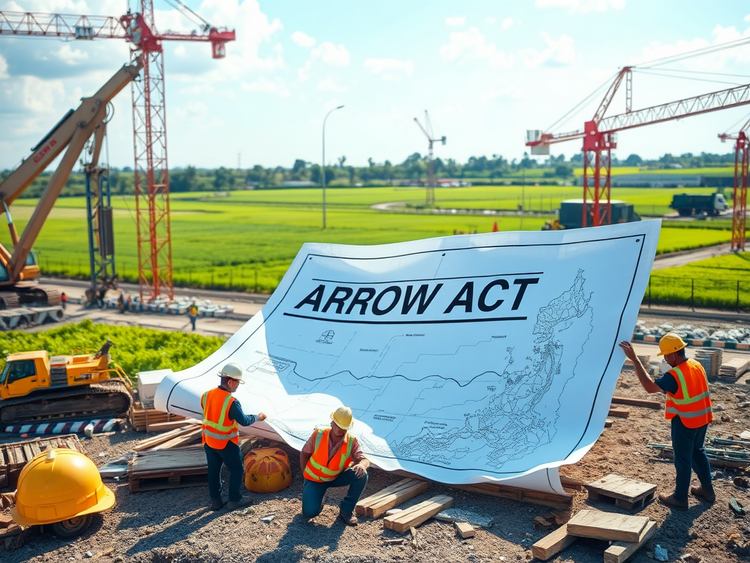
Ease of doing business
Colliers believes that it is important for the Philippines to improve its ranking in global competitiveness surveys. This is crucial if we want to attract more job-generating foreign direct investments (FDI) including those funneled into property development.
Aside from improving the country’s business registration system and infrastructure connectivity, public and private sector stakeholders should also work together to enhance the Philippines’ ranking in travel and tourism surveys.
Based on the last global poll by the World Economic Forum (WEF), the Philippines ranked a dismal 69th place, lagging behind Singapore, Thailand, Indonesia, Malaysia and Vietnam.
Overall, we need to send a signal that the Philippines is open for business. And this should partly offset any challenge we see brought about by rising tariff imposed by our major trade partners.
Decentralization
It is important to aggressively push for decentralization to create more economic centers outside Metro Manila.
We already see key areas in Luzon (Pampanga, Bulacan, Tarlac, Cavite, Laguna, and Batangas), Visayas (Bacolod, Iloilo, and Cebu), and Mindanao (Cagayan de Oro and Davao) already on the radar of property developers. But to achieve a more inclusive growth, the government needs to create more employment and business opportunities outside these already thriving regions.
More outsourcing investments should result in more jobs being created in the countryside. More hotel investments should spur job generation activities in emerging tourist hubs while more manufacturing investments should lead to greater absorption of industrial space and warehouses, and eventually create thousands of jobs in industrial hotspots across the Philippines.
While the country’s population benefits through job and livelihood generation, the Philippines’ property players also benefit in the process. It’s a win-win scenario we should all aspire for.
Lawmakers should also tackle the proposed National Land Use and Condominium Redevelopment bills in the 20th Congress.
Prior to joining Colliers in March 2016, Joey worked as a Research Manager for a research and consutancy firm where he handled business, political, and macroeconomic analysis. He took part in a number of consultancy projects with multilateral agencies and provided research support and policy recommendations to key government officials and top executives of MNCs in the Philippines.




